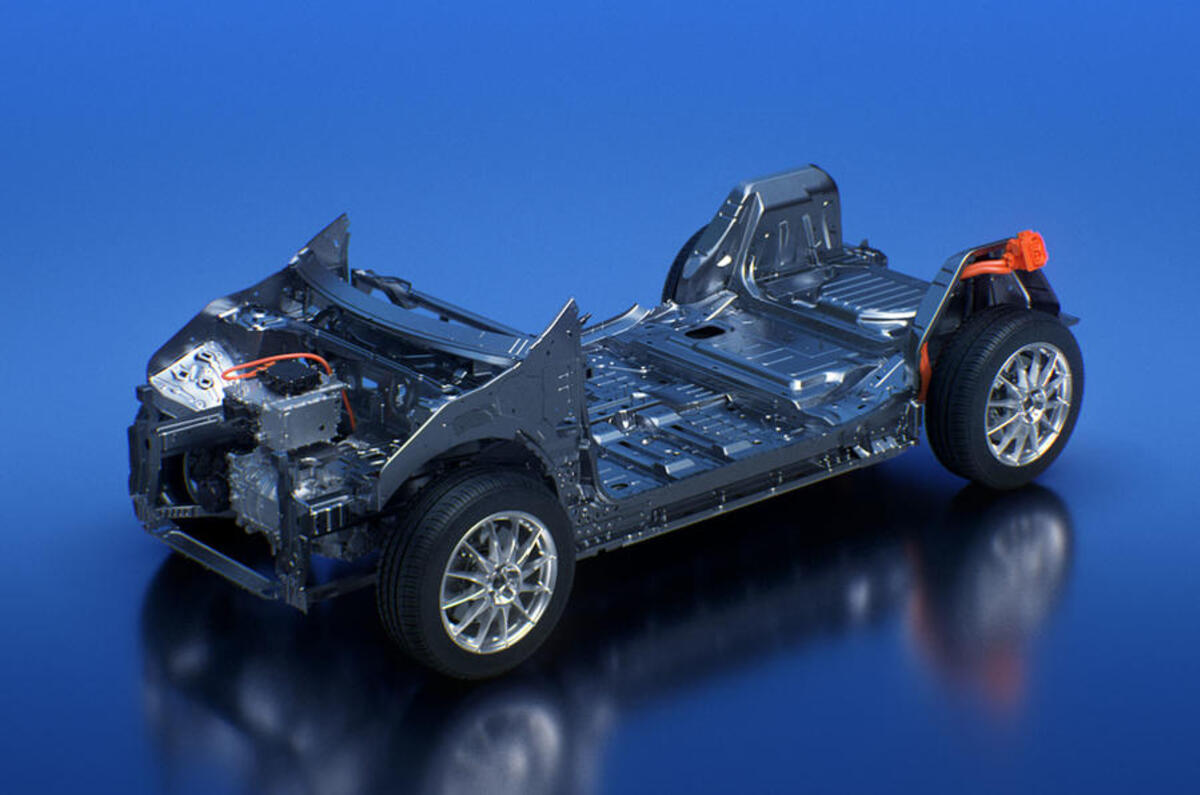Stellantis is targeting a 50% weight reduction in batteries by 2030 in a bid to lighten electric cars nearer to their combustion-engined equivalents.
“The battery today is just too heavy; the vehicle is too heavy. We shouldn’t be going backwards,” said Ned Curic, head of engineering and technology, at the opening of the company’s new Mirafiori battery technology centre in Turin, Italy.
Curic said the company’s goal was to halve the weight of the battery pack through the introduction of new lightweight battery technologies and more efficient cell packaging.
Stellantis earlier this year invested in Silicon Valley company Lytten, which is developing lighter lithium-sulphur batteries. As well as reducing weight, these cut costs and carbon emissions by using less exotic materials than lithium ion batteries.
Curic also cited sodium ion batteries as another potential alternative. Sodium ion is touted as a much cheaper option and is being developed by Chinese battery makers such as CATL.
Just how heavy EV batteries are today was revealed in a recent teardown of the BYD Seal saloon by Swiss bank UBS as part of a report in battery costs. The lithium-iron-phosphate (LFP) battery pack in the standard 62kWh Seal accounted for 470kg of the car’s overall 1941kg weight.
More expensive nickel manganese cobalt (NMC) batteries are lighter and more energy-dense, but the 60kWh pack in the Renault Mégane E-Tech Electric still weighs 394kg of the total 1783kg, UBS reported.
The new Mirafiori facility will enable Stellantis to design, develop and test battery packs, modules, high-voltage cells and software for upcoming models from Alfa Romeo, Citroën, Fiat, Peugeot, Vauxhall and more.
Stellantis has spent €40 million (£34.3m) developing the facility, which repurposes a section of a former Fiat factory. It has 32 climatic test chambers, enabling it to test up to 47 battery packs in parallel.



